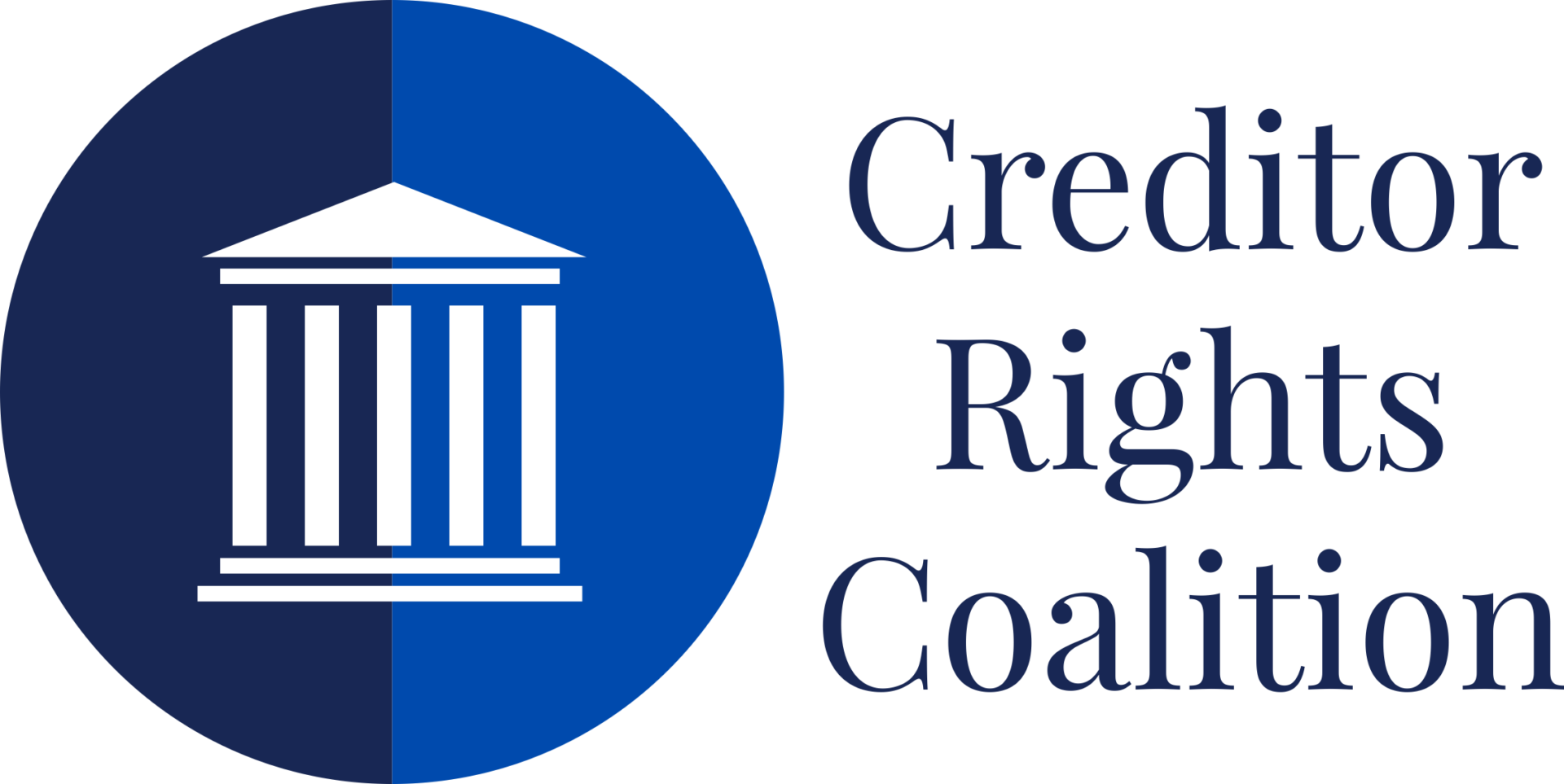Cliff White Speaks on the Purdue Pharma decision

Those favoring third-party releases have a thin basis for arguing that the Code allows bankruptcy judges to exercise such broad authority. In fact, section 524(e) of the Bankruptcy Code expressly limits a discharge to debtors and expressly excludes non-debtors. The one exception is section 524(g), which contains special provisions for asbestos cases. Proponents of the non-consensual, non-debtor releases primarily cite section 1123(b)(6), which says a reorganization plan can contain provisions not inconsistent with other provisions of title 11. Section 1123(b)(6), coupled with section 105(a), which allows courts to take “necessary and appropriate” action to enforce or implement its orders and rules, was enough for the Second Circuit to uphold the protection of non-debtor Sacklers from lawsuits filed by other non-debtors. Under the proponents’ theory, bankruptcy judges enjoy broad equitable discretion, and almost any restriction on a chapter 11 plan can be swallowed up by those two provisions.
In an interesting twist, the major parties in this and other third-party release cases have switched sides on their ordinary legal arguments. Business interests are promoting an elastic interpretation of the Bankruptcy Code. In other cases raising similar issues to Purdue Pharma, tort lawyers are urging a more conservative reading of the law. The bankruptcy “watchdog,” the Justice Department’s U.S. Trustee Program (USTP), remains consistent in its long-standing position on the side of a stricter reading of the law. In fact, as noted by the Second Circuit, the UST was the major appellant in the case after several former appellants, including state Attorneys General, reached financial settlements with the debtor.
Consequences of the Ultimate Outcome
Aside from vindicating the statute, what would be the outcome of striking third-party releases? If non-consensual, non-debtor releases are allowed, then bankruptcy courts will become the forum of choice for tort cases. Defendants will file for bankruptcy protection and their alleged victims will lose their ability to seek an Article III court adjudication of their claims. One bankruptcy judge said just about that in ruling on a similar issue in New Jersey. In other words, if Congress won’t legislate tort reform, bankruptcy judges will do it for them.
If third-party releases are disallowed, then the consequences may be a lot less significant than their proponents contend. When the U.S. Trustee successfully appealed such releases in the Ann Taylor case, the district court rejected the debtor’s argument that the releases were “essential” for a reorganization. The proponents then changed tack without delay. Not long after the appellate decision was handed down, the company and its creditors renegotiated another deal without the releases. Following the law wasn’t so hard after all.
In future cases, perhaps the deal offered by the debtor and its non-debtors who desperately want a release would be sweetened until almost all creditors would consent to the releases. Those seeking a release would limit their additional financial exposure by hunkering down to negotiate with, or litigate against, a vastly smaller number of plaintiffs. In the alternative, maybe non-debtors seeking a release will file their own bankruptcy petition just like wage-earners seeking relief from their creditors do every day. Or maybe resourceful chapter 11 counsel will help their clients find other solutions inside or outside of bankruptcy.
Purdue Pharma and its allies have been making much of the need to use the Sackler money — at the price of a non-debtor bankruptcy discharge — to provide opioid relief to the states as soon as possible. “Do not let a good crisis go to waste,” as they say in politics. Proponents of the Sackler discharge leave out an important fact: Sackler payments will be made over 20 years! In effect, all the Sacklers will be paying is interest on their allegedly ill-gotten gains. If a cert. petition is filed in early summer, the Supreme Court is likely to grant it and hear oral argument in January. Unlike the Second Circuit, the Supreme Court will not wait a whole year to decide the case and will render its decision before the end of June 2024. With that timeline in mind, maybe waiting another year before opening the floodgates for mass torts in bankruptcy is not so callous after all.
The decision to oppose the non-consensual, non-debtor releases in Purdue Pharma and other cases has had support at the very top of DOJ. Nonetheless, there may be heavy pressure from influential state Attorneys General who had appealed the bankruptcy decision, but then abandoned the litigation in favor of Purdue paying them more money. The Purdue Pharma case is a perfect vehicle for testing whether bankruptcy courts have authority to grant de facto discharges of liability to non-debtors and effectively allow bankruptcy courts to replace the tort system without express Congressional action. It would not be the first time that external considerations trumped the law, but it would be a shame for that to happen in this case. My bet is that DOJ sticks to the law and asks for Supreme Court review.
Predictions Anyone?
I predict now that if the non-consensual third-party release issue goes to the Supreme Court, there will be a 9–0 decision against such releases. The six conservative justices will reject the vast accretion of bankruptcy court authority and discretion and instead will take a more textualist approach. The other three justices, who more flexibly interpret statutes to achieve what they believe is the Congressional purpose, will find no basis for concluding that Congress meant to give bankruptcy judges such sweeping powers to protect non-debtors.
Does anyone want to bet a hot dog from a D.C. street vendor cart on the Supreme Court outcome?
2 Cliff White was head of the Justice Department’s United States Trustee Program for seventeen years until his retirement last year. He is now Managing Director for Bankruptcy Compliance at AIS Infosource, a financial technology company. The views expressed in this article are those of the author and not DOJ or AIS.
1 The decision is Patterson v. Mahwah Bergen Retail Corp. Inc., 636 B.R. 641 (E.D. Va. 2022).
Copyright 2023 Creditor Rights Coalition
Please contact info@creditorcoalition.org for reprint permission.
